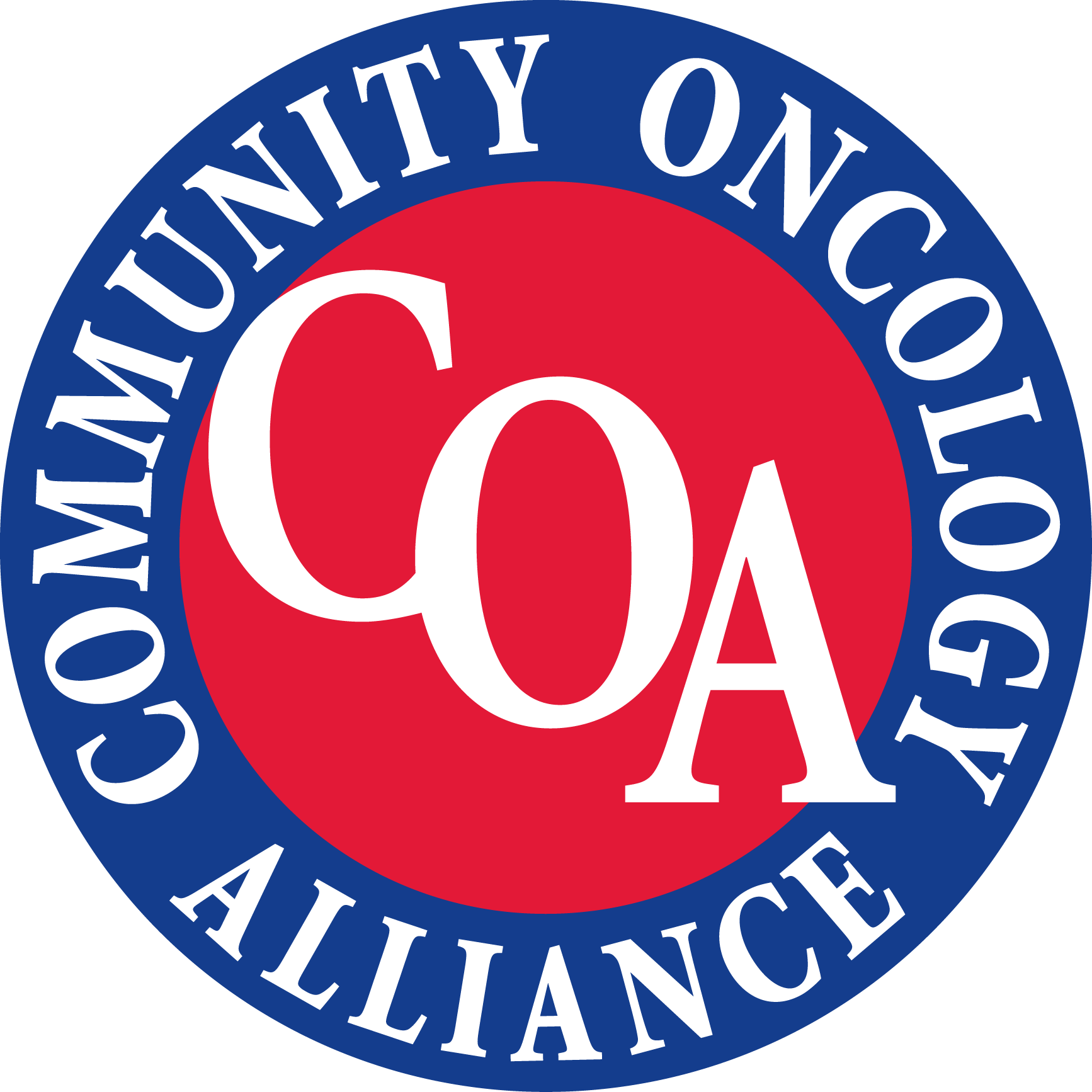
COA 2022 Preview: Leaders Excited About Seeing Colleagues in Person

The first in-person Community Oncology Alliance (COA) meeting in 2 years will feature sessions on practice management, health disparities, and more. A virtual option is available.
This week’s 2022
"Value of Community Oncology Shines: The Path Forward," is the theme for the meeting, to be held Thursday and Friday at the Gaylord Palms Resort and Convention Center in Kissimmee, Florida. A virtual option is available.
COA President Kashyap Patel, MD, who is CEO of Carolina Blood and Cancer Care Associates and associate editor of The American Journal of Managed Care®'s Evidence-Based Oncology™, said he looks forward to the seeing colleagues in person after working through the challenges of the COVID-19 pandemic. At times, Patel said, “I felt I was almost going to be the virtual president for 2 years.”
“I’m a people's person, so I'm looking forward to seeing people in person, hugging, touching, talking, and feeling like a human being,” Patel said
Debra Patt, MD, PhD, MBA, executive vice president at Texas Oncology & The US Oncology Network, shared Patel’s enthusiasm for holding an in-person meeting for the first time since 2019. COA’s annual
“It allows you to meet with like-minded individuals that are in community oncology practice—administrators, clinicians, policy makers—and discuss the problems that you've had and formulate collaborative solutions so you can learn from what everyone else is doing,” Patt said. “It's a great forum for that and to discuss with people what resources you've developed and share them.”
Patt, a member of the COA executive committee and a conference co-chair, will be taking part in a discussion Thursday on payer utilization management and physician-directed medicine.
Thursday’s highlights include a keynote address from Trey Mancini of the Baltimore Orioles, who was diagnosed with
The morning will feature a discussion, “Building/Designing the Community Oncology Practice of the Future,” with Glenn Balasky, executive director for Rocky Mountain Cancer Centers, with multiple locations in Colorado; Barry Russo, MBA, CEO for The Center for Cancer & Blood Disorders, a multisite practice based in Fort Worth, Texas, now part of OneOncology; Emily Touloukian, DO, president of Coastal Cancer Center, a multisite practice based in Myrtle Beach, South Carolina; and Jeff Vacirca, MD, FACP, CEO of New York Cancer & Blood Specialists, with multiple locations on Long Island, New York, and a founding member of OneOncology.
Beyond sessions focused on practice management, COA in recent years has offered clinical updates. This year’s sessions include an update on new therapies in non–small lung cancer by Melissa Johnson, MD, program director for Lung Cancer Research, Sarah Cannon Research Institute; treatment “conundrums” in myeloma with Sergio Giralt, MD, FACP, FASTCT, deputy head, Division of Hematologic Malignancies, Memorial Sloan Kettering Cancer; and a session, “The Colorectal Cancer Epidemic: Root Causes and Remedies,” with Richard Goldberg, MD, emeritus professor and Cancer Institute Director, West Virginia University.
The first day concludes with a session on Patel’s priority for his tenure as COA president, “Tackling Health Disparities: Community Oncology Practices in Action,” to be moderated by COA’s Nicolas Ferreyos, managing director for Policy, Advocacy, and Communications. Panelists will be Patel; Patricia J. Goldsmith, CEO of CancerCare; and Susan Sabo-Wagner, RN, BSN, OCN, clinical director, Oncology Consultants. A session Friday will address one of issues in health equity, “Moving the Needle in Comprehensive Genomic Profiling.”
COA’s updates on how decisions in Washington, DC, affect cancer care delivery are always a high point of the meeting. Friday’s update, “Cancer Politics and Policy,” will feature Nathan Constable, manager for Government Relations, Cardinal Health; Christian G. Downs, JD, MHA, executive director, Association of Community Cancer Centers; Ben Jones, vice president for Government Relations & Public Policy, The US Oncology Network; Deborah Kamin, RN, PhD, vice president for Policy & Advocacy, American Society of Clinical Oncology; Rita Norton, senior vice president for Government Affairs, AmerisourceBergen Corporation; and COA Executive Director Ted Okon, MBA, who will moderate the session.
A separate Friday afternoon session, “Going After Pharmacy Benefit Managers (PBMs) at the State Level,” will address ongoing challenges in price transparency and other directives that threaten the financial health of community oncology practices. A featured speaker Friday will be Adam J. Fein, PhD, CEO of the
With the coming end of the Oncology Care Model comes Friday’s timely session, “State of the Art Health Economics & Outcomes: What Community Oncology Practices Are Tracking & Measuring.” Alti Rahman, MHA, MBA, CSSBB, practice administrator for Oncology Consultants, will serve as moderator; the session will feature Stephen Schleicher, MD, MBA, medical director, Value Based Care, Tennessee Oncology & OneOncology, and president, Tennessee Oncology Practice Society; and Lalan Wilfong, MD, vice president, Payer Relations & Practice Transformation, The US Oncology Network, McKesson.
In an interview, Balasky said he thought an
“Every day we come into our clinics, and we're doing very good things to provide great care at a great value,” he said. “That should be our long-term competitive advantage in the marketplace, with payers, with other partners, within our communities, with our patients.”
Newsletter
Stay ahead of policy, cost, and value—subscribe to AJMC for expert insights at the intersection of clinical care and health economics.









